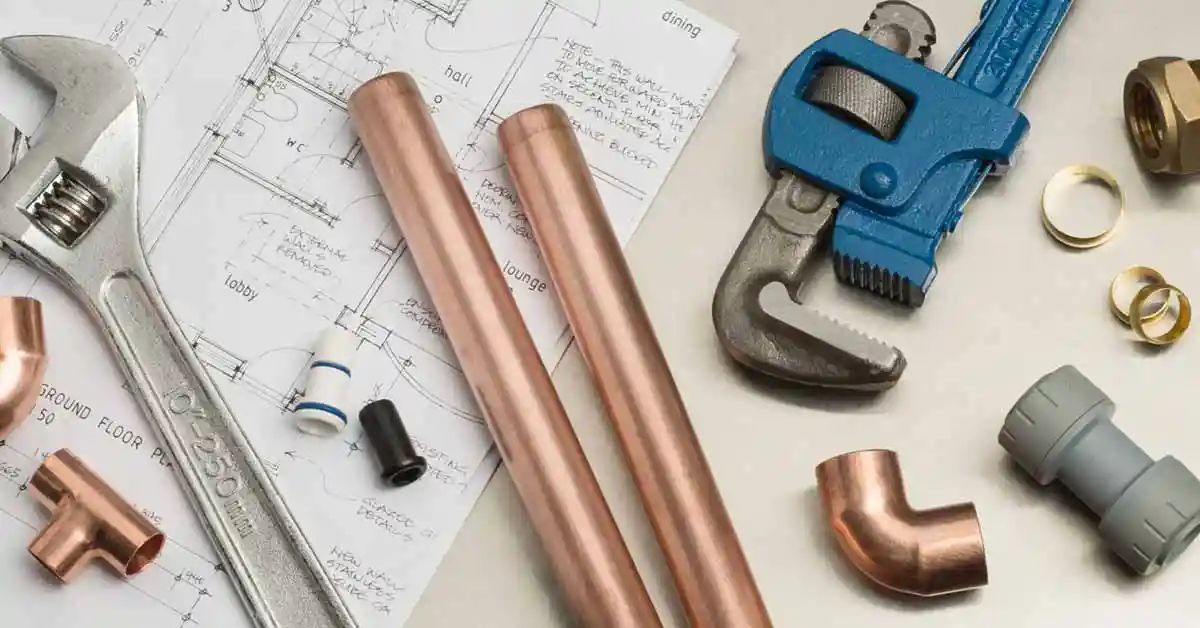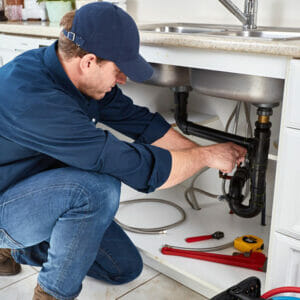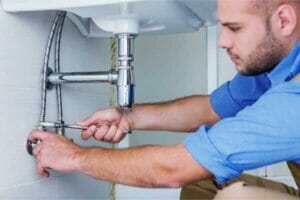
In this comprehensive guide, we'll walk you through everything you need to know about how to get a plumbing license, from the education and experience requirements to the step-by-step licensing process. We will also discuss the benefits of being a licensed plumber, and provide helpful tips for preparing for the plumbing certification exams.
The Importance of a Plumbing License
A plumbing license is not only a certification and legal requirement but also a symbol of professionalism and credibility in the industry. Holding a plumbing license demonstrates that you have the necessary skills, knowledge, and experience to perform plumbing work safely and effectively. It also reassures customers that you are a reliable and trustworthy professional.
Types of Plumbing Certifications
The different types of plumbing certifications available vary based on state and regional requirements. Most states offer 3 different levels of plumbing licenses: apprentice, journeyman, and master. These license levels dictate the type of work you’re allowed to complete.
- Apprentice: able to perform limited duties under the supervision of a journeyman or master plumber
- Journeyman: an entry-level license that allows individuals to work independently under the supervision of a master
- Master: highest license level that allows individuals to supervise journeymen, pull permits for projects, or run their plumbing businesses
Prerequisites for Obtaining a Plumbing License
Before applying for a plumbing license, it's essential to meet the following prerequisites:
- Education: Complete a high school diploma or GED. Many states require that aspiring plumbers have a basic education before entering a plumbing apprenticeship program.
- Apprenticeship: Enroll in a state-approved plumbing apprenticeship program. These programs typically last 4-5 years and combine classroom instruction with on-the-job training. You must complete a certain number of hours of work experience to be eligible for licensure.
- Experience: Gain the required amount of work experience in the plumbing field, as specified by your state's licensing board. This can range from 2 to 5 years of experience, depending on the state.
See our Plumbing Software to help organize your business
Steps to Obtain Your Plumbing Certification
Follow these steps to obtain your plumbing certification:
- Check Your State's Requirements: Research the specific licensing requirements in your state, as they may vary. This information is usually available on the website of your state's licensing board.
- Complete a Plumbing Apprenticeship Program: Enroll in and complete a state-approved plumbing apprenticeship program. Make sure to document your hours of work experience.
- Apply for a Journeyman License (if applicable): Some states require plumbers to obtain a journeyman license before becoming a fully licensed plumber. To do so, you will need to pass the journeyman plumber exam and meet the experience requirements.
- Register for the Plumbing Certification Exam: Once you have met the prerequisites, register for the plumbing license exam. This typically involves submitting an application, proof of apprenticeship completion, and the required fees.
- Pass the Plumbing Exam: Study for and pass the plumbing certification exam. The exam usually covers topics such as plumbing codes, regulations, safety, and best practices.
- Obtain Your Plumbing License: After passing the exam, submit any additional documentation required by your state's licensing board to obtain your plumbing license.

Preparing for Plumbing Certification Exams
To prepare for the plumbing exams, consider the following tips:
- Review Your State's Exam Content: Familiarize yourself with the topics covered in your state's plumbing exam. This information is usually available on the licensing board's website.
- Study Plumbing Codes and Regulations: Focus on the plumbing codes and regulations that apply to your state, as these will be heavily featured on the exam. Consult the International Plumbing Code (IPC), Uniform Plumbing Code (UPC), and any state-specific codes.
- Take Practice Exams: Find practice exams online or through your apprenticeship program. These practice tests will help you identify areas where you may need additional study.
- Enroll in a Test Prep Course: Consider enrolling in a plumbing exam prep course to review the material, learn test-taking strategies, and practice answering exam questions.
- Create a Study Schedule: Allocate sufficient time to study and review the material. Establish a study schedule that works best for you and stick to it.
Just starting? Try our free Plumbing Invoice PDF Template
Maintaining and Renewing Your License
To maintain your plumbing certification and ensure it remains valid, follow these steps:
- Stay Up-to-Date with Continuing Education: Many states require licensed plumbers to complete continuing education courses to stay current with industry changes and advances. Check your state's requirements and complete the necessary courses.
- Renew Your License: Plumbing licenses typically need to be renewed every few years, depending on your state's regulations. Pay attention to the expiration date on your license and submit a renewal application, along with any required fees, before it expires.
- Stay Informed about Industry Changes: Keep yourself informed about changes in plumbing codes, regulations, and best practices to ensure your work remains compliant.
Benefits of Being a Licensed Plumber
Obtaining your plumbing certification offers several benefits, including:
- Increased Credibility: A plumbing license demonstrates your expertise and commitment to the profession, making you a more attractive candidate to potential employers and clients.
- Higher Earning Potential: Licensed plumbers typically earn more than unlicensed professionals due to their demonstrated skills and knowledge.
- Legal Compliance: Holding a plumbing license ensures that you are operating within the legal requirements of your state.
- Access to More Job Opportunities: Many employers and clients prefer to work with licensed plumbers, giving you access to a wider range of job opportunities including starting your own plumbing business.

As a licensed plumber, you may be interested in starting or trying to achieve plumbing business growth. Here are some tips to help you succeed:
- Develop a Business Plan: Create a comprehensive business plan that outlines your goals, target market, marketing strategy, and financial projections.
- Invest in Marketing: Utilize various marketing channels, such as social media, online advertising, and local print materials, to promote your services and reach potential clients.
- Naming: A brand identity is crucial. Learn how to create a name for your plumbing company
- Network with Industry Professionals: Attend industry events and join local trade organizations to network with other professionals and potential clients.
- Offer Competitive Pricing: Research the local market to ensure your pricing is competitive while still allowing for a reasonable profit margin.
- Provide Excellent Customer Service: Build a positive reputation by delivering high-quality work and excellent customer service, which will lead to repeat business and referrals.
By following this guide, you'll be well on your way to obtaining your plumbing certification and enjoying a successful career as a licensed plumber. Remember to stay current with industry changes, maintain your license, and strive for continuous improvement of your plumbing business.
